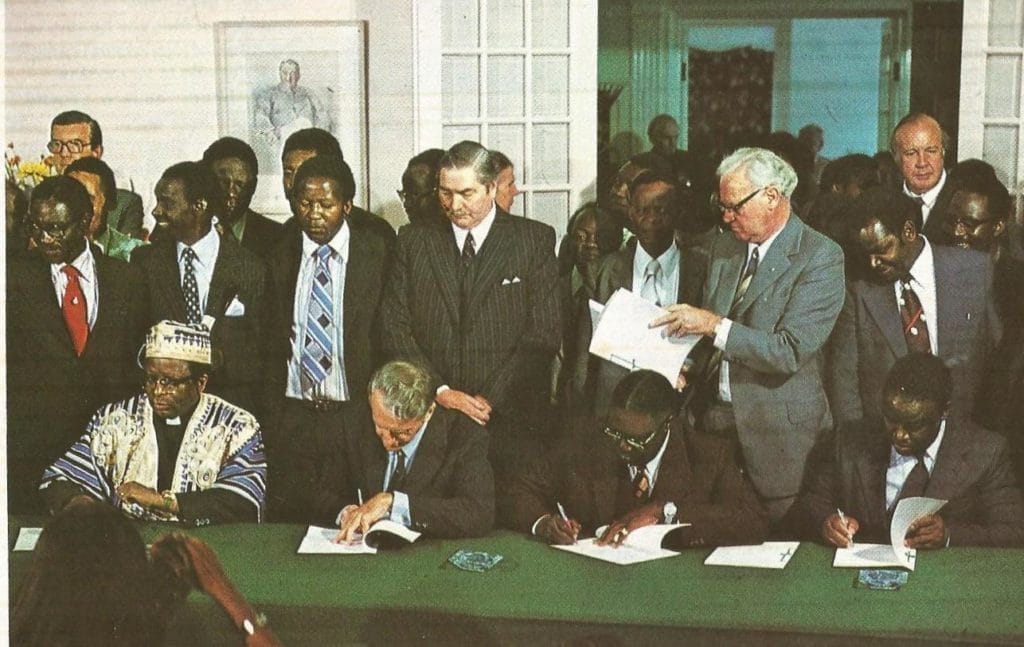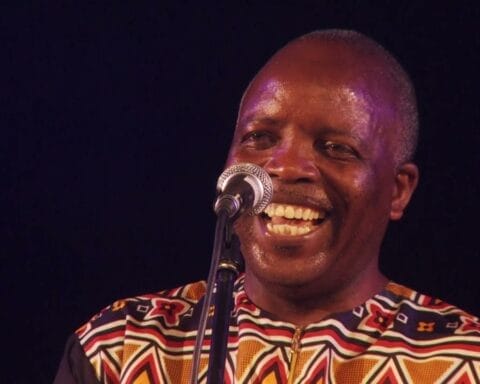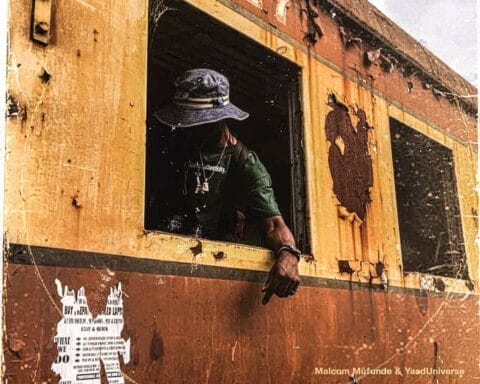The Internal settlement was signed on 3 March 1978 between Prime Minister of Rhodesia Ian Smith and moderate African nationalist leaders comprise Bishop Abel Muzorewa, Ndabaningi Sithole and Senator Chief Jeremiah Chirau.
After almost 15 years of the Rhodesian Bush War, and under pressure from the sanctions placed on Rhodesia by the international community, and political pressure from South Africa, the United Kingdom, and the United States, the Rhodesian government met with some of the internally based moderate African nationalist leaders in order to reach an agreement on the political future for the country.
The result of these talks was the Lancaster House Agreement, which outlined a plan for peaceful transition to majority rule and independence for Rhodesia. However, this agreement was not without its critics, who argued that it did not do enough to address the grievances of black Rhodesians. Nevertheless, it remains an important milestone in the history of the country.

Whose Settlement?
What’s happening in Rhodesia?
Is the war going to stop?
Have the African people really won their freedom?
These are just some of the questions being asked at the moment about Rhodesia. Yet the press and other media present an increasingly confusing picture. On 3 March 1978 the ‘internal settlement’ was signed in Salisbury between the illegal Smith regime and three African groups. Does this mean the end of white supremacy in Rhodesia?
No. This claim is a myth. Under the ‘internal settlement’ the basic framework of white settler rule will be preserved. Racial injustice and exploitation will continue. This is why the ‘internal settlement’ has been rejected by the Patriotic Front, the African frontline states, the Organisation of African Unity and the United Nations Security Council.
Smith has been forced to concede some changes. Not because of subtle diplomacy and negotiating skills but due to the strength of the liberation struggle led by the Patriotic Front, Smith is hoping to use the ‘internal settlement’ to gain international support (particularly the lifting of sanctions) for his fight to preserve white power and privilege.
Already the apartheid regime in South Africa has sent military support to the aid of the new regime in Salisbury.
The Anti-Apartheid Movement Says:
- Reject the ‘internal settlement’ -the only basis for an end to the war is through negotiations with the Patriotic Front
- No lifting of sanctions -they should be extended to include South Africa, the major sanctions-breaker
- Support the Patriotic Front -the people who are fighting for genuine freedom for their country.
A Series Of Myths
MYTH 1: ‘The internal settlement will bring peace’
How can it? The Patriotic Front, which is leading the liberation struggle, is not a party to the agreement. In fact, the war is intensifying.
MYTH 2: ‘The internal settlement means – “One man, one vote”‘
This is simply not true. Under the internal agreement a white person’s vote will carry nine times more weight than a black person’s. In fact, there will be two doting rolls – one for whites and one for blacks
MYTH 3: ‘The internal settlement means majority rule’
This is deliberately misleading. There will be a majority of black faces in parliament. But all the major institutions of the state – the police, the army, the civil service and the judiciary -will remain in white hands indefinitely.
MYTH 4: ‘The internal settlement satisfies the demands of British policy – “the Six Principles”‘
This is a lie. The fifth principle, in particular, states that any settlement must be acceptable to the people of Rhodesia as a whole. It clearly isn’t and in any case no test of acceptability is envisaged by the regime.
MYTH 5: ‘The internal settlement has overwhelming support among the African people’
This is a lie too. Opposition is widespread. For example, because of the liberation war, two thirds of the country are no longer even controlled by the Smith regime. Missionaries and reporters have confirmed that in rural areas, where most of the African people live, the internal settlement is massively rejected. Attempts to hold demonstrations against the internal settlement have been banned or broken up by armed police.
MYTH 6: ‘The internal settlement means freedom of political activity’
This is another lie. The nationwide state of emergency still applies, together with all the repressive laws used by the regime to crush African opposition. While the release of detainees has received much publicity, Africans who oppose the internal settlement are being arrested, detained, tortured, and murdered.
MYTH 7: ‘The African signatories to the internal settlement are popular inside the country’
This is the biggest myth of all. Chief Chirau is no African nationalist – until recently he was a minister in the Rhodesia Front cabinet. Both Bishop Muzorewa and Revd Sithole had significant support in the past. But as a condition for taking part in the internal talks, they were required by the regime to renounce the liberation struggle. Because of this they are no longer identified with the cause of freedom and have lost many of their key supporters and much of their popular support.









